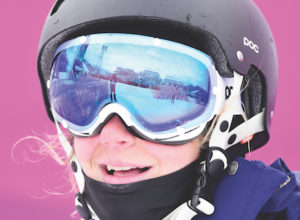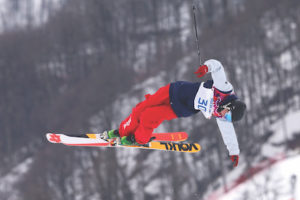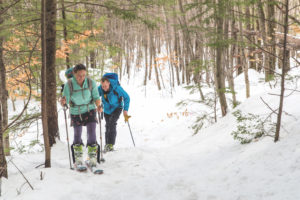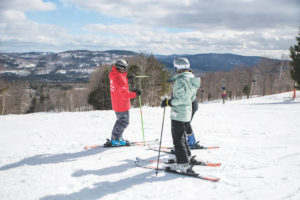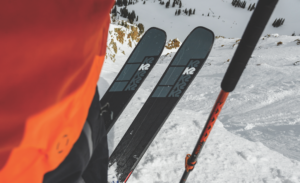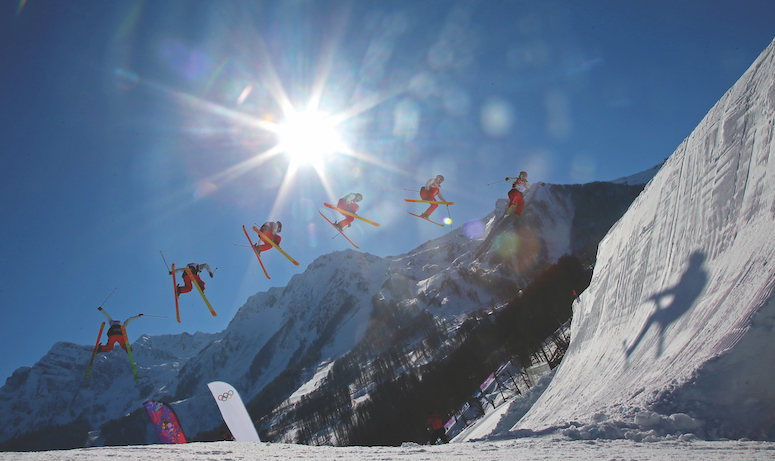
Vermont native Julia Krass might not fit the classic stereotype of the Dartmouth College undergrad.
Like her peers, Krass is pursing an Ivy League education, studying economics and environmental studies. But as a 22-year-old junior, she’s a year or two older than many of her classmates, the result of taking off the winter sessions at school to pursue her other “job.” That job happens to be with the U.S. Ski Team, as a freestyle specialist focusing in big-air competitions, and a sponsored athlete from products such as Kulkea ski gear.
“Dartmouth is on a trimester system, so I actually take the winter term off,” she said. “It works out perfectly where fall term ends before Thanksgiving and spring term doesn’t start until the very end of March.
“While I am at school, I stay in skiing shape by doing gym workouts every day,” said Krass. “That being said, I do still miss a lot of school for skiing during fall term.”
